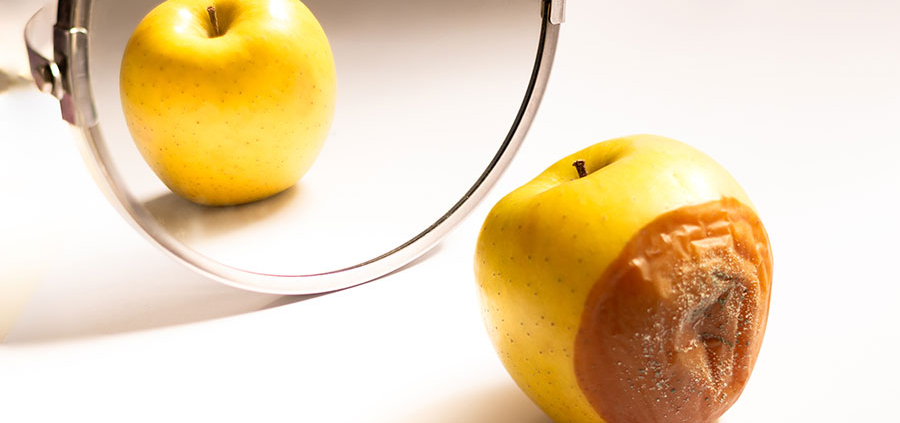FOOD FRAUD, RECALLS AND FOOD SAFETY IN AFRICA
Food recalls, a process of withdrawal of a circulating product, constitute a vital ingredient of the food safety soup. Recalls are made when it is clear that the circulation and distribution of a particular product will injure the health of consumers. It is also done to assist the manufacturer in recovering her image which further distribution of the product will certainly cause loss of good will. Recalls come when appropriate and uncompromising monitoring regime is put in place. The most common foodborne illnesses are those caused by certain bacteria and viruses including Salmonella, Listeria, and Escherichia coli, or, norovirus, and Clostridium perfringens, or C. perfringens. Although many Western countries regularly recall as due, it is not known whether sub- Saharan countries have this regulatory approach.
Notable recalls in history include
1 Arkansas-based Cargill meat solutions Corporation recall in which one person died and 99 morbidities recorded. It took place in 2011, cost the company about 31 million pounds
2. Also Hallmark/Westland in 2006, suffered seriously as a result of a 143 million pounds recall o of beef
3. In 2015, a Salmonella infection on cucumber consumers resulted 900 cases. The cucumbers were reportedly imported into the USA from Mexico . The worst incident is the one involving cantaloupes in 2011 where more than 33 people died. Listeria was implicated and this caused some damage in cost and integrity to the company, Frontera.
4. Also in 2015, Time magazine reported a Listeria outbreak on ice cream which claimed 3 lives. Inconsistent sterilizing techniques partly resulted in this
5 Peanut Corporation of America recorded number of . of cases as 700 and the number of deaths: 9
This is one of the biggest Salmonella outbreaks of all time occurred between 2008 and 2009 when the pathogen was detected in Peanut Corporation of America’s peanut products. The outbreak infected over 700 people and killed nine in the U.S. and Canada
6. In March 2017, Vulto Creamery, an artisanal cheesemaker, based in Walton, New York reported 8 as the number of cases with 2 as the number of deaths recalled several cheeses made with raw milk that were contaminated with Listeria
7. Blue Bell Creameries, based in Texas, recorded cases as 10, and number of deaths as 3 . As a result of this the company voluntarily recalled its ice cream, yogurt, sherbet, and frozen snack products in April 2015, based on confirmed presence of Listeria
Commonly recalled items include Cosmetics, food Medications and toys What is a Food Recall?
A food recall is when a food producer takes a product off the market because there is reason to believe that it may cause consumers to become ill. In some situations, government agencies may request a food recall. Food recalls may happen for many reasons, including but not limited to:
• Discovery of organisms, including bacteria such as Salmonella or parasites such as Cyclospora.
• Discovery of foreign objects such as broken glass or metal.
• Discovery of a major allergen that does not appear on the product label.
What to Do with a Recalled Product
A food product that has been recalled due to a possible germ contamination or illness, can leave germs around your kitchen and contaminate surfaces, including the drawers and shelves in your refrigerator.
If you’ve already prepared a recalled food item in your kitchen or still have it in your refrigerator, it’s important to throw out the food and clean your kitchen.
• Wash all cookware and utensils (including cutting boards) with hot soapy water.
• Clear off counters and refrigerator drawers and shelves and wash them with hot soapy water.
• Then wipe any surfaces, shelves, or drawers and rinse dishes and cookware with a sanitizing solution and let them air dry. You can use a diluted bleach solution (1 TBSP unscented, liquid chlorine bleach in 1 gallon of water).
• Products recalled due to an undeclared allergen may be a risk for anyone in your household with an allergy to that substance. If the product has never been served, throw it away or return it for a refund. If the product has been served, wash with soap and water any surfaces – plates, pots and pans, utensils, and counters – with which the product may have had contact.
How do you know whether the item you are having right now has been recalled. Always visit appropriate website like www.recall.gov
RECALL POLICIES ARE NOT YET INSTITUTIONALIZED IN AFRICA. The implication of this is that many citizens still get exposed to unprotected and unwholesome food items on a regular basis. Lack of recalls when necessary may encourage the perpetration of food fraud as a state policy, thus injuring human health, which the Africa Union is advised to discourage
Wishing you all a safe food !!!!
Source
www.FoodSafety.gov
www.recall.gov
www.fda.gov
www.mashed.com
https://247wallst.com/special-report/2019
Dele FapohundaPh.D
234 8033709492
June 15,2021



Leave a Reply
Want to join the discussion?Feel free to contribute!